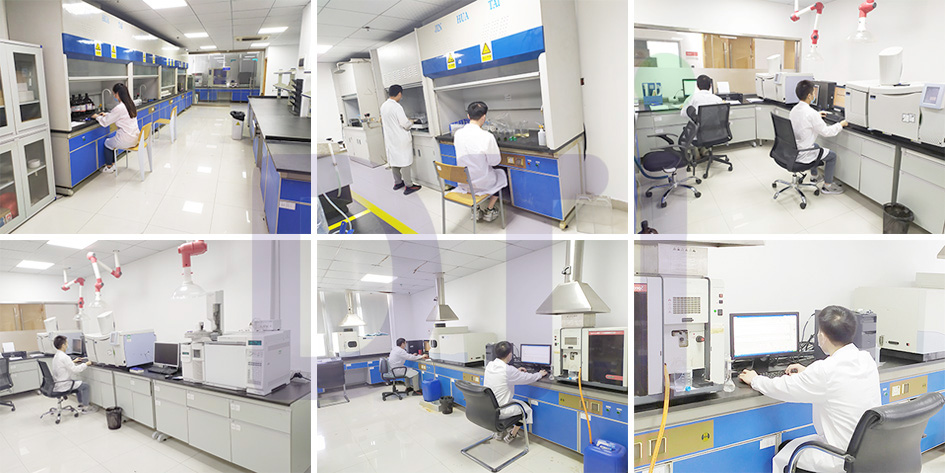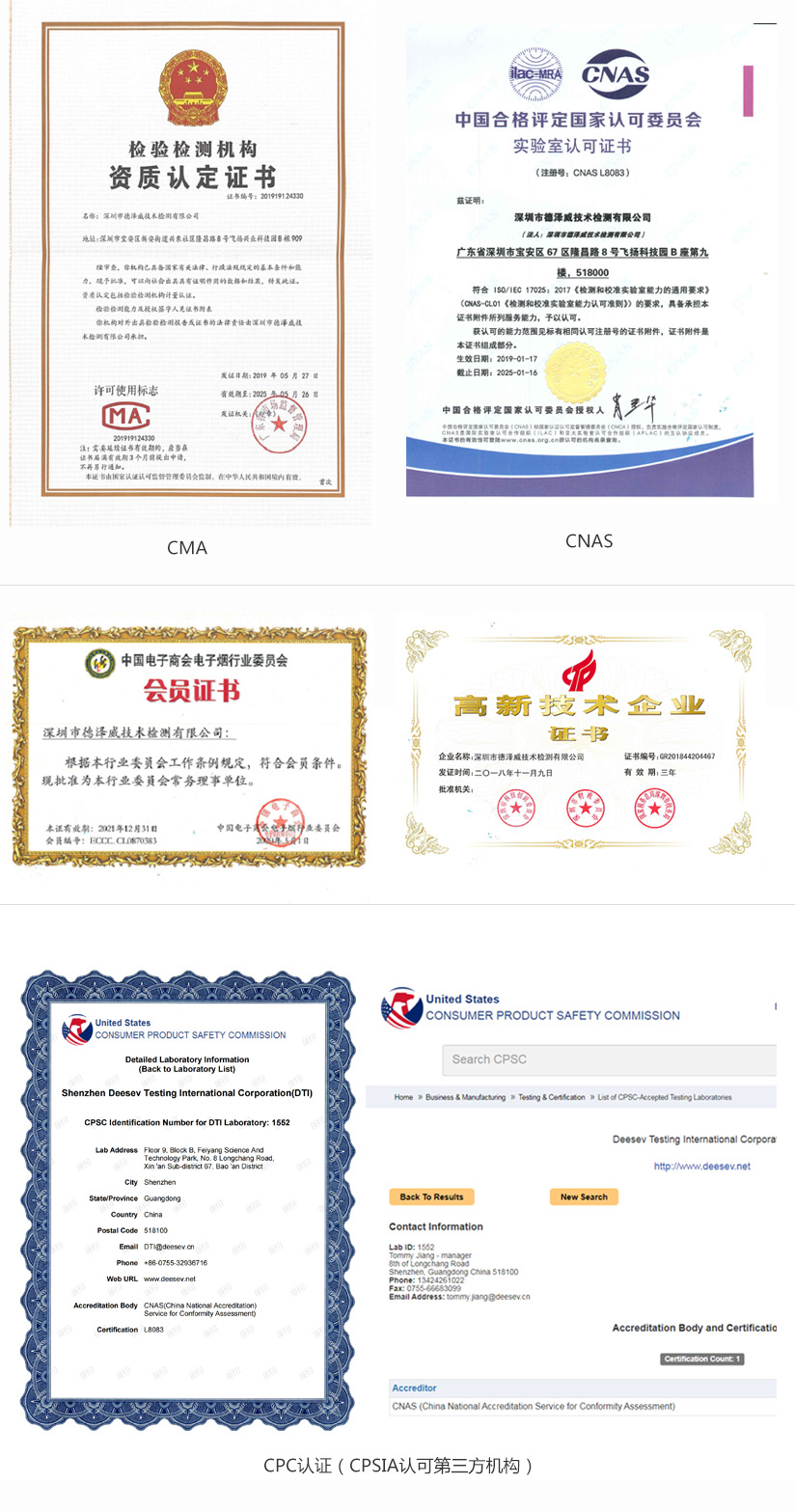DTi is a domestic third-party testing and certification agency that provides one-stop solutions for German LFGB. It has an experienced engineering/business team with more than twelve years of testing experience and provides a full range of testing and certification needs.
In September 2005, Germany's new food and dietary supplies law LFGB replaced the food and daily necessities law LMBG (Lebensmittel- und Futtermittelgesetzbuches). It is also called the "Law for the Administration of Food, Tobacco Products, Cosmetics and Other Daily Necessities". It is the most important basic legal document in food hygiene management in Germany and is the guideline and core for the formulation of other special food hygiene laws and regulations. However, it has been modified in recent years, mainly to match European standards. The regulations make general and basic provisions on all aspects of German food. All foods on the German market and all food-related daily necessities must comply with its basic provisions.
1. Product scope
LFGB tests are conducted on all materials, including products produced with the latest technology, such as: chrome plating for barbecue grills, temperature resistance testing of Teflon coatings on cooking pans, silicone sealing rings in kettles, etc.
The fields usually involved include: ceramics, synthetic plastics, polyvinyl chloride, plasticizers, paper products, leather, textiles, cosmetics, tobacco, etc.
Products involved include: toasters, sandwich stoves, electric kettles and other electrical products that come into contact with food;
Food storage supplies; tempered glass cutting boards, stainless steel pots and other kitchenware;
Bowls, cutlery, spoons, cups and plates;
Clothing, bedding, towels, wigs, false eyelashes, hats, diapers and other hygiene products, sleeping bags, shoes, gloves, watch straps, handbags, wallets/wallets, briefcases, chair covering materials;
Textile or leather toys and toys containing textile or leather clothing; yarns and fabrics for direct use; various cosmetics and tobacco products, etc.
2. Test items
Generally speaking, Articles 30 and 31 of the LFGB German Food and Daily Commodities Act include the following test items:
1. Initial inspection of samples and materials
2. Sensory evaluation of odor and taste transfer
3. Plastic samples: Testing of transferable components and testing of leachable heavy metals
4. Metals: Testing of components and precipitable heavy metals
5. Silicone: Testing of transferable or volatile organic compounds
6. Special materials: Test chemical hazards according to German Chemicals Law
Other tests included in the regulations include:
1. Detection of certain azo dyes used in daily necessities such as textiles, leather, and polyester fibers.
2. Testing of harmful chemical ingredients and heavy metals in cosmetics
3. Testing of harmful components in tobacco
3. LFGB certification process
1. Consultation---the applicant provides product information and samples
2. Quotation --- Based on the samples provided by the applicant, the technical engineer will make an evaluation, determine the items that need to be tested, and provide a quotation to the applicant.
3. The applicant accepts the quotation
4. Sign the contract
5. Sample testing - testing will be conducted in accordance with applicable standards
6. Issue a test report
7. Issue a certificate of conformity to the LFGB test
Important changes in the new regulations:
- In German law, EU Directive No. 178/2002 (Food Safety Requirements, Responsibilities of Food and Catering Operators) is implemented
- Tobacco is outside the scope of the new LFGB, and temporary regulations on tobacco will be introduced
- Extension of prohibition on misleading claims for materials and goods that come into contact with food
- No significant changes to safety testing of materials and goods that come into contact with food
Laboratory style
Dezewei DTi Testing is an independent third-party testing organization in China. It has CNAS/CMA qualifications/chemical analysis technical team/has accumulated many years of experience in the field of atomizers. It can provide you with more information based on the latest control requirements for atomizers. Professional and more reliable testing and registration services. Dezewe Laboratory is established and implemented in strict accordance with ISO/IEC17025:2005 standards. It has passed the China National Accreditation Service for Conformity Assessment (CNAS: L8083)/Measurement Certification (CMA) and is fully qualified to issue third-party testing reports.

Honors and Qualifications
CNAS/CMA/CPSC qualification/national high-tech enterprise







 Shen Gongwang Security: 44030602006947
Shen Gongwang Security: 44030602006947